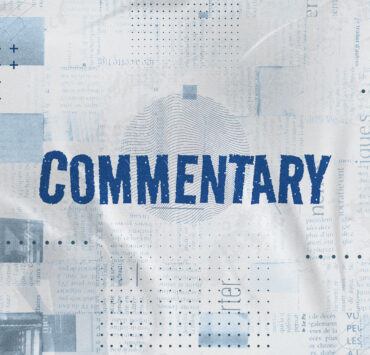Why we need to vote for local candidates with high emotional intelligence

I am moved to write this article because of my experiences with local leaders with low emotional intelligence (EI) during my urban and regional planning practice over the years. It’s not only the tension, pain, and embarrassment that I’ve experienced in dealing with such politicians that motivate me to write this piece; it’s also the thought of public funds being wasted and development opportunities being missed when local leaders who are temperamental, tactless, lazy, and incompetent fail to implement well-conceived land use and development plans and projects.
EI, or what is also termed emotional quotient (EQ), is a term or concept, which was popularized by Daniel Goleman three decades ago. Its essence is the ability to recognize, interpret, and regulate one’s emotions and understand those of other people. Having a high EI is linked to a range of benefits, such as higher academic achievement, better decision-making abilities, and greater overall success in life. According to Goleman, intelligence quotient and technical skills are important in considering job applications, but in the long run, those who turn out as the most effective leaders and performers are those with a high degree of EQ.
In her 2024 article on EI as integral to 21st-century government leadership, Rebecca Arce points out that in government, EI is the most critical skill to possess when acting as a steward of public trust and committing oneself to the public good. She says that the ability to recognize one’s emotions and those of others and to use this information to manage behavior are skills that are critical to working particularly in a post-pandemic technologically hybrid work environment, where leaders have fewer opportunities to build connections across work teams in unstructured settings.
But amid these challenges, EI can be honed over time by both leaders and followers through the practice of self-awareness, self-management, and empathy or relationship management that will lead to what my mentor, the anthropologist Frank Lynch, calls SIR or smooth interpersonal relationships.
Based on my experience, I would like to advise the public to refrain from voting into office the following: hot-tempered candidates who do not respect or insult consultants presenting development plans to them in public; unreliable candidates who do not honor contracts drawn up by former local officials with consultants and service providers; haughty candidates who feel intellectually superior to their advisers, visitors, and consultants presenting ideas to improve socioeconomic and environmental conditions in their locality; envious candidates who do not intend to continue implementing the good development plan or parts of it created by their predecessors; reelectionist candidates who merely comply with DHSUD requirements and let their completed town plans gather dust on their office shelves; tactless candidates who use racially or culturally discriminatory remarks in their campaign speeches; power-hungry and smooth-talking candidates who are known to buy votes to get elected and make vague promises; and candidates with a prima donna complex, who won’t consider legislative compromises suggested by their peers in the Municipal Development Council.
Voters should ask knowledgeable people in their communities to provide them background information about the candidates.
MELITON B. JUANICO,
melitonbjuanico@gmail.com

















Making college access a lot more equal